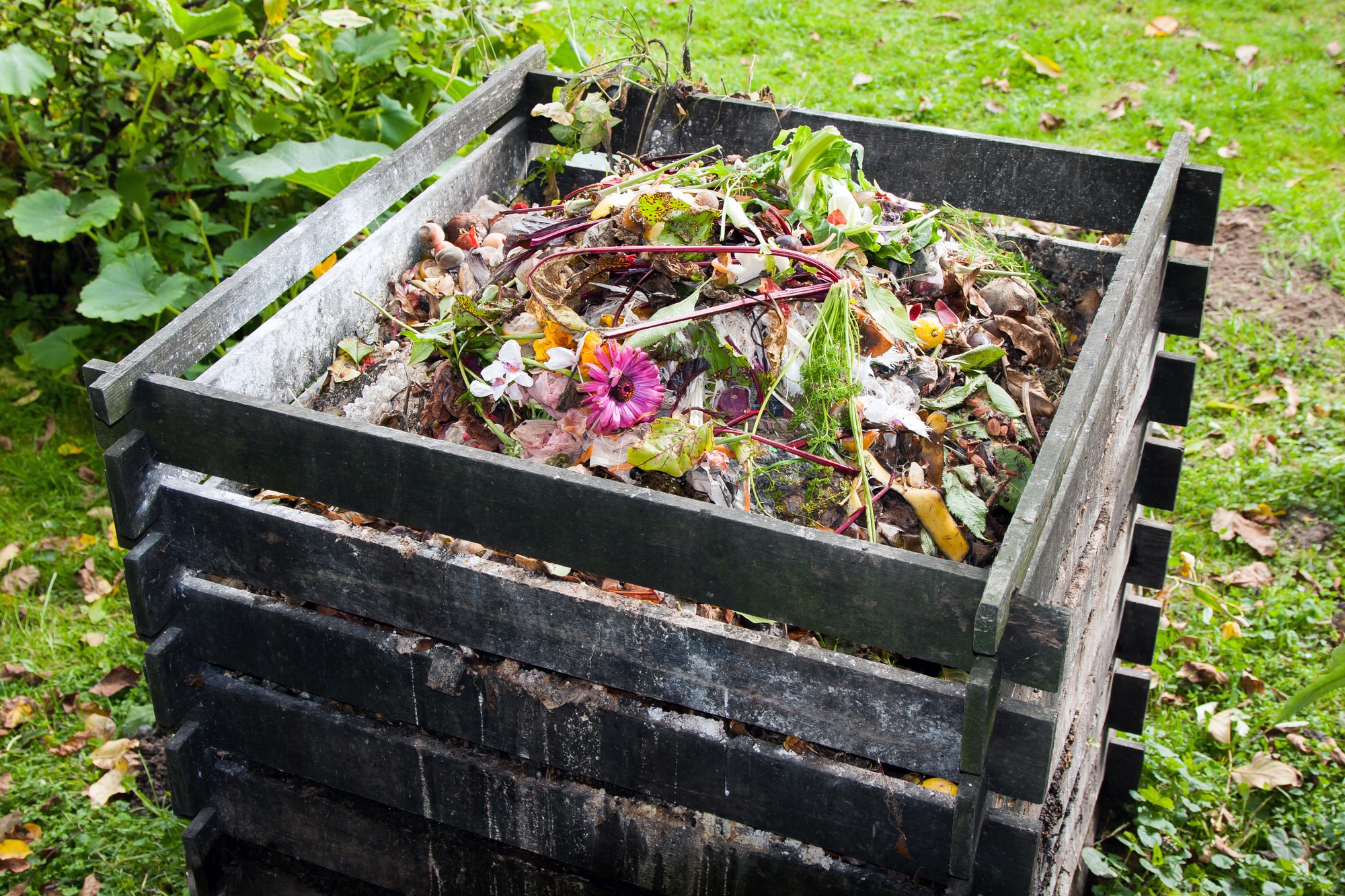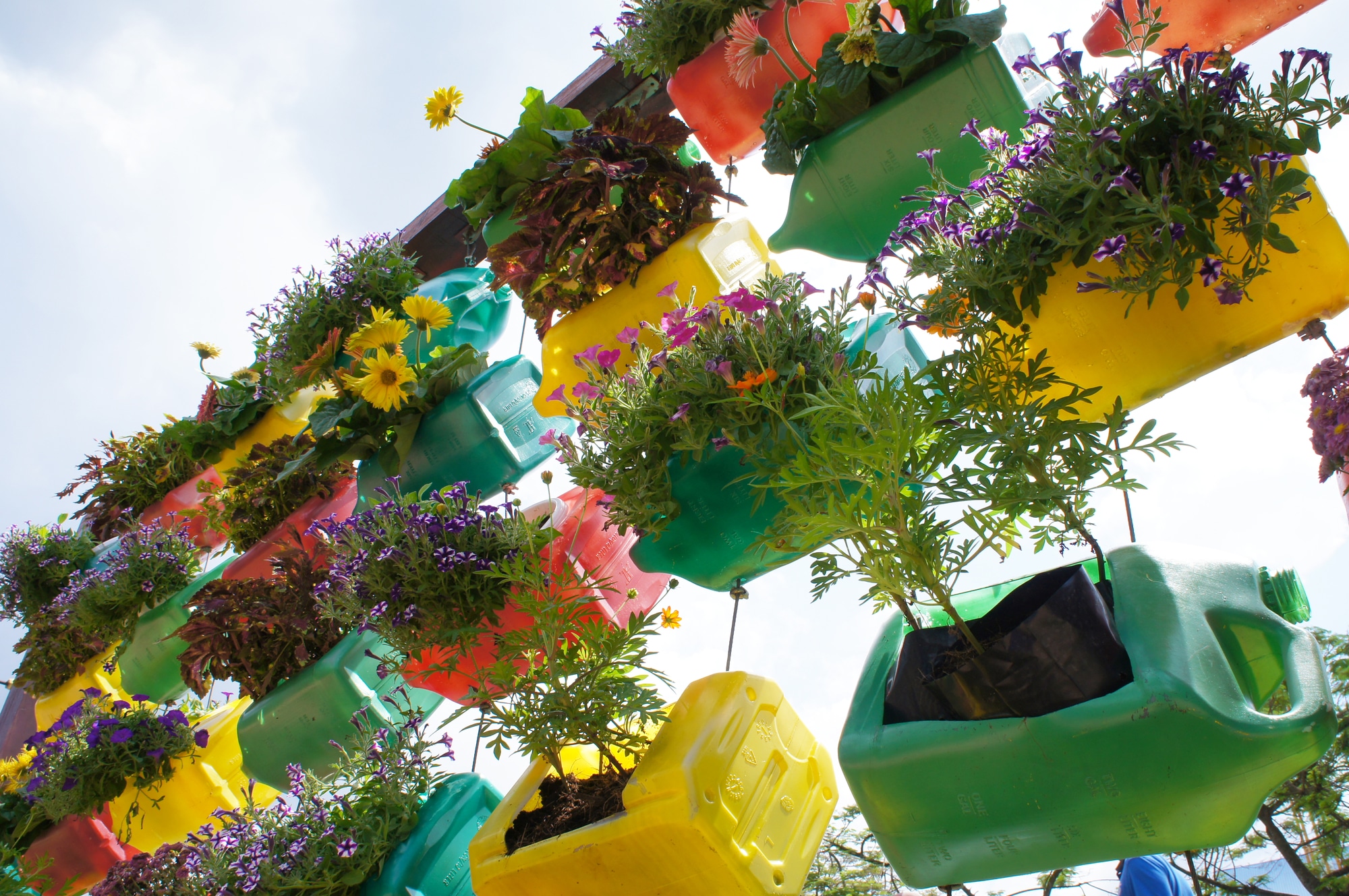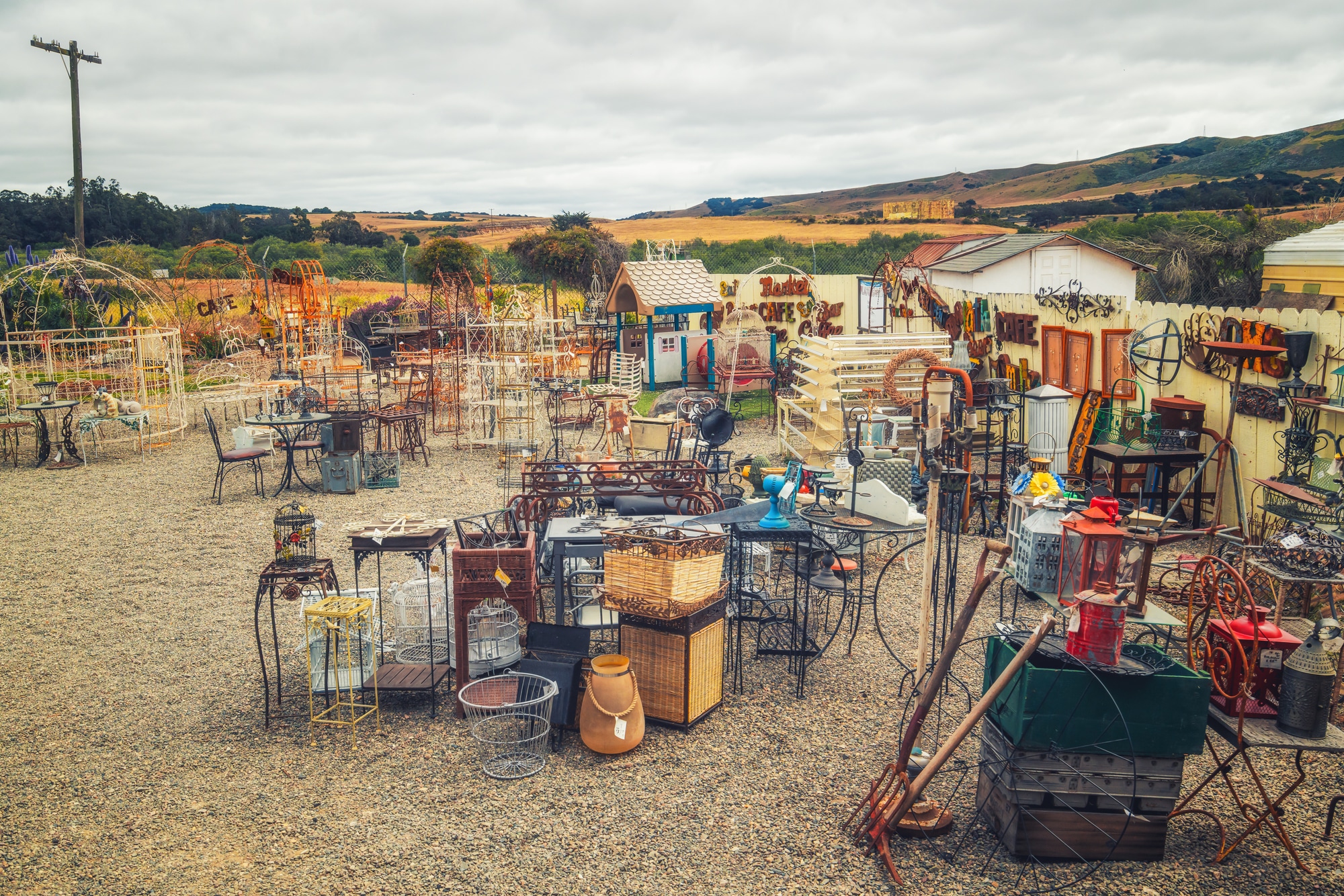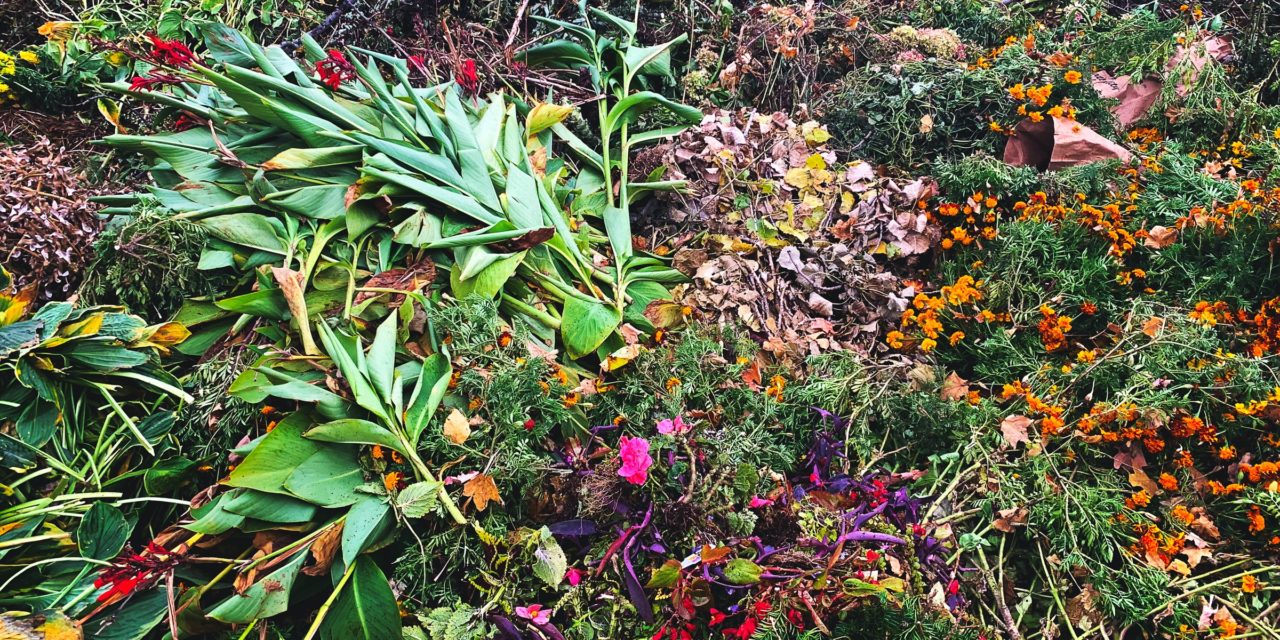Image by Gary Meulemans
Some of the links in this article are affiliate links, meaning at no additional cost to you, we will earn a commission if you click through and make a purchase. Thank you for helping us continue to bring you great content.
An Overview Of Garden Waste And How It Decomposes
Our lives are more hectic than ever, and 2020 was a year like no other in terms of stress and uncertainty. Many people have started paying more attention to their backyard, cultivating a pleasant, relaxing and productive space to unwind from the rigors of modern life. But like any other part of the home, the garden generates waste—and removing your garden waste has an art to it. It must be sorted and disposed of correctly.
A garden should be sustainable and ecologically sound, not contributing to your carbon footprint. So making sure garden waste is dealt with appropriately is a must. You may think disposing of garden waste is as simple as slinging it all into green bags and waiting for your waste disposal company to take it away, but it is a bit more complex than that. Food and garden waste that has been sent to the landfill won’t just harmlessly break down.
What Happens To Waste In Landfills?
Even though it may seem as though it’s organic and part of nature, it still has a huge impact on our environment. As it rots beneath the soil, with no access to oxygen, it releases methane, a harmful gas that is a greenhouse gas up to 25 times more potent than CO2. Plus, the rules of different local municipalities vary on how sustainably they handle compostables.
And there’s a lot of that waste. According to the World Wildlife Fund, an estimated 1.3 billion tons of food makes it to the landfills every year across the globe. And about 10.5 million tons of yard waste went to U.S. landfills in 2018, says the United States Environmental Protection Agency. Composting that waste not only saves it from going to the landfill, but also it can then be used as fertilizer to keep your garden growing, eliminating the need for harmful chemical fertilizers. Read on for more about composting and other tips on how to be eco-friendly when removing waste from your garden.

The Art and Science of Composting
We’ll start with the oldest trick in any gardener’s book when it comes to waste disposal. Composting will benefit your lawn and crops and save you money—no need for expensive, and harmful, fertilizers. All your grass cuttings, plant clippings, leaves and vegetable peelings can be chucked in the compost bin and left to do its thing.
And by “do its thing,” we mean a mix of proper aeration, moisture retention, and high temperatures that allow for microorganisms to feed on the decaying waste and cause a quicker decomposition that is better for us and the planet. Plus, the result is full of nutrients for strong, healthy plants and crops. However, try to avoid other food waste—particularly meat, fish and bread—as this will attract rats and mice to your garden. If you have a lot of dead leaves falling in your garden, these can be used to create mulch.
If you’ve never done it before, there are plenty of resources for guidance, or you can ask at your local garden center. You can also find endless options for heavy duty outdoor garden composters and smaller bins to manage scraps in your kitchen.
Organize Your Waste
The key to maintaining an orderly and organized garden is to sort out your waste. A bit of planning goes a long way. Once you identify categories of waste, you’ll be able to deal with them more efficiently. Many cities and counties have a variety of bins for your waste. Make sure you follow this guide to the letter. Information should be available on your local county’s website.
Educate members of your household as to the methods of categorization and disposal of garden waste. Food waste and green waste (clippings, trimmings, dead plants, etc.) must be separated. Other organic matter such as soiled cardboard often has its own fate, and large amounts of the soil must be separated as well.

Recycle and Upcycle Your Household Waste
As the world becomes more aware of the devastating impact of climate change, recycling and reusing waste is becoming a crucial part of our lives. Recycling as much as possible may seem like a small contribution to the cause, but change starts at home, and an average family generates surprising amounts of waste (about 18 pounds of trash per day). Luckily, most countries are reviewing and refining their recycling policies, making it easier and more efficient to get rid of plastic, glass, cardboard, and food waste.
Upcycling is a great way to repurpose items. Plastic bottles can be used as planters in a vertical garden, wood can be used for raised beds, and, if you’re feeling creative, old tools could be turned into garden sculpture.
One Man’s Trash is Another Man’s Treasure
Whether you have flowers coming out of your ears or garden furniture you can no longer use, many things can be donated or sold to other green-fingered locals. Many gardeners are on the lookout for flower stems to add some color and freshness to their backyard, and most will actually pay a small amount.
If you have a lot of garden furniture that is in reasonable condition but you are updating your collection, there is always a market for such items in the neighborhood. Take The Freecycle Network, for instance: a grassroots nonprofit group with 9 million members who are giving away their goods to keep them out of landfills.

Enlist Some Help To Do the Heavy Lifting
Like furniture, sometimes features like rocks and stones seem to get a bit stale. If you have some and you want to get rid of them, you’re sure to find someone who wants them, likely via the same channel mentioned above. If you can’t find a home for your heavy goods, you can usually organize for the city or a removal service to pick them up.
It isn’t hard to be eco-friendly when dealing with garden waste. With a bit of planning and maintenance of good practices, you can keep your garden spick and span and give yourself a little peace of mind about the environment.


